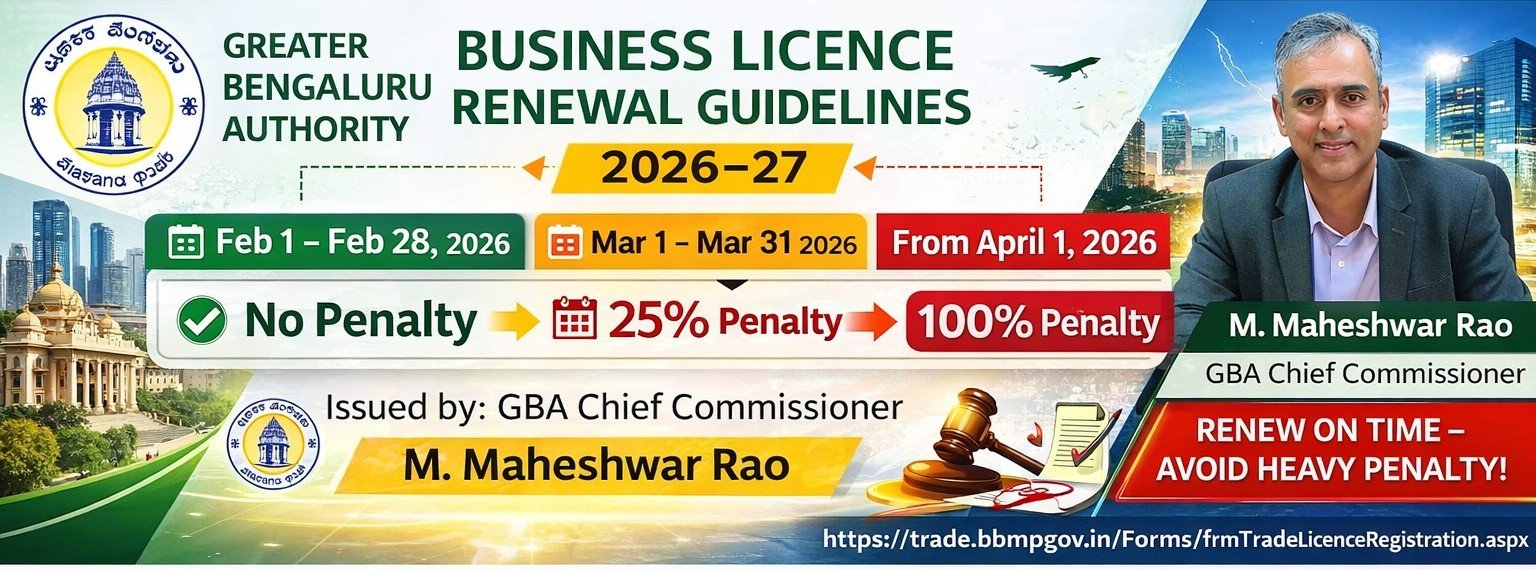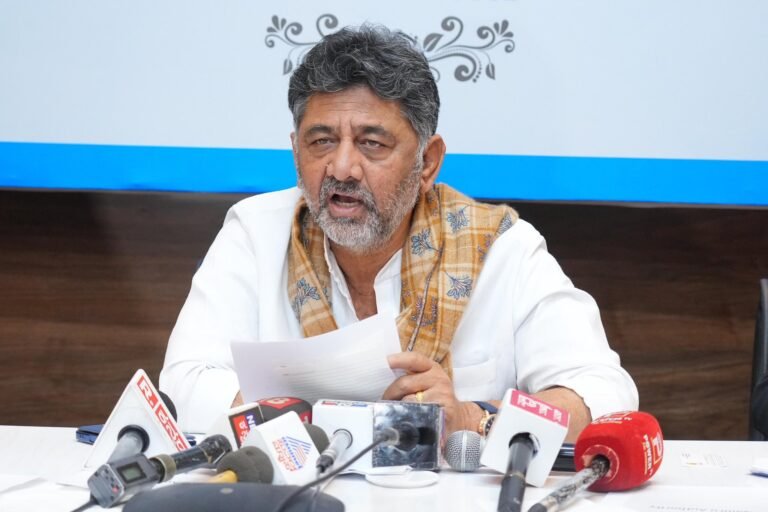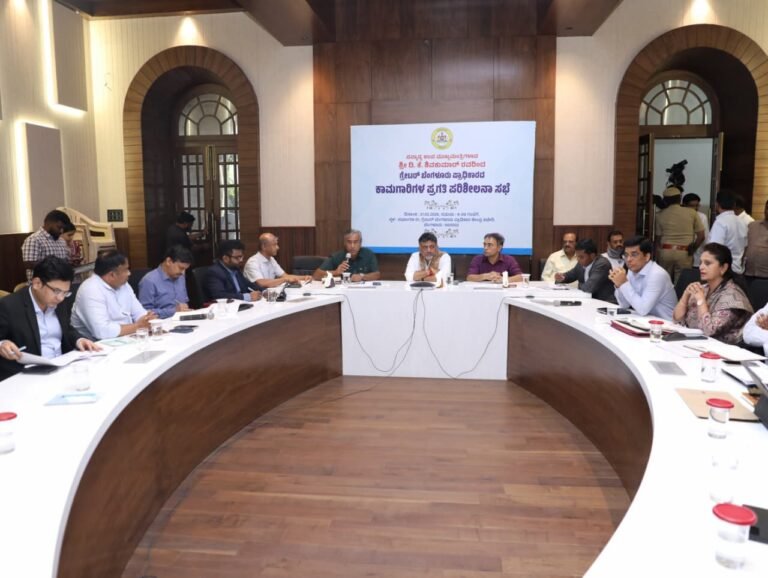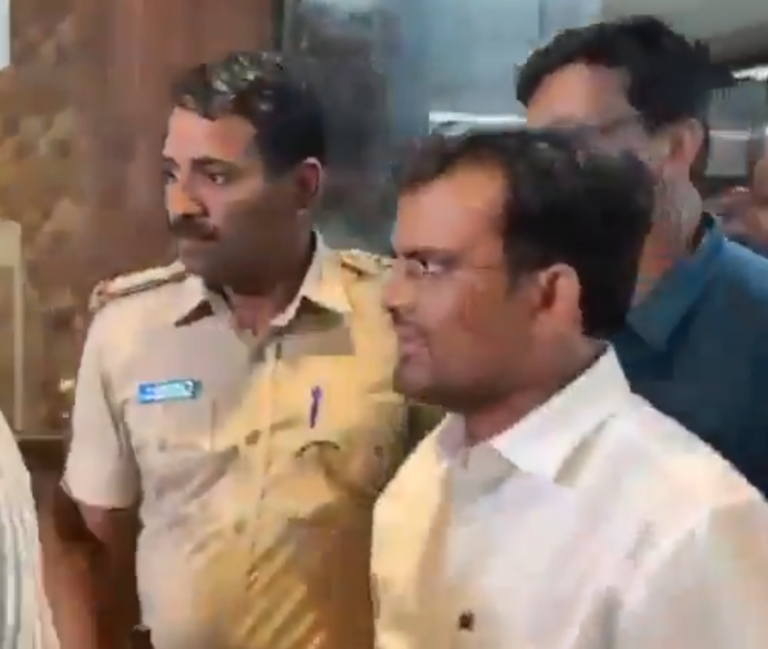
Bengaluru: As lakhs of commuters remain trapped in endless traffic jams, questions are mounting over Chief Minister Siddaramaiah and Deputy Chief Minister DK Shivakumar’s priorities. Citizens and civic groups are demanding to know why the state leadership is focused on distributing freebies to select vote banks while the city’s crumbling infrastructure remains neglected.
The outrage comes after the government spent ₹60 crore on AI-powered traffic signals, installed by C-DoT at 125 junctions (to be extended to 165), with the promise of reducing travel time by 33% and easing congestion. Instead, traffic police continue to manually override signals, rendering the system ineffective.
Commuters across Outer Ring Road, the IT corridor lifeline, and the Central Business District (CBD) say little has changed. Bengaluru still loses 4–5 hours daily in gridlock, while officials and politicians zip past in pilot vehicles. “If the government cannot deliver basic mobility, what’s the point of such costly experiments?” citizens ask.
The Bengaluru Live raised the issue with Additional Chief Secretary Tushar Giri Nath, who oversees both the Urban Development Department and the Home Department. Critics say accountability lies not just with officials but also with Siddaramaiah and DK Shivakumar, who have been accused of prioritizing populist schemes over long-term infrastructure planning.
The controversy has reignited the debate on taxpayers’ money being diverted towards freebies instead of fixing Bengaluru’s lifelines — from the congested Outer Ring Road to the deteriorating Central Business District. Citizens argue that real development, not political appeasement, must be the government’s priority.
For now, Bengaluru’s AI traffic signals stand as a symbol of wasted funds and failed governance, with growing anger that the state leadership is more interested in vote-bank politics than in securing the future of India’s tech capital.





